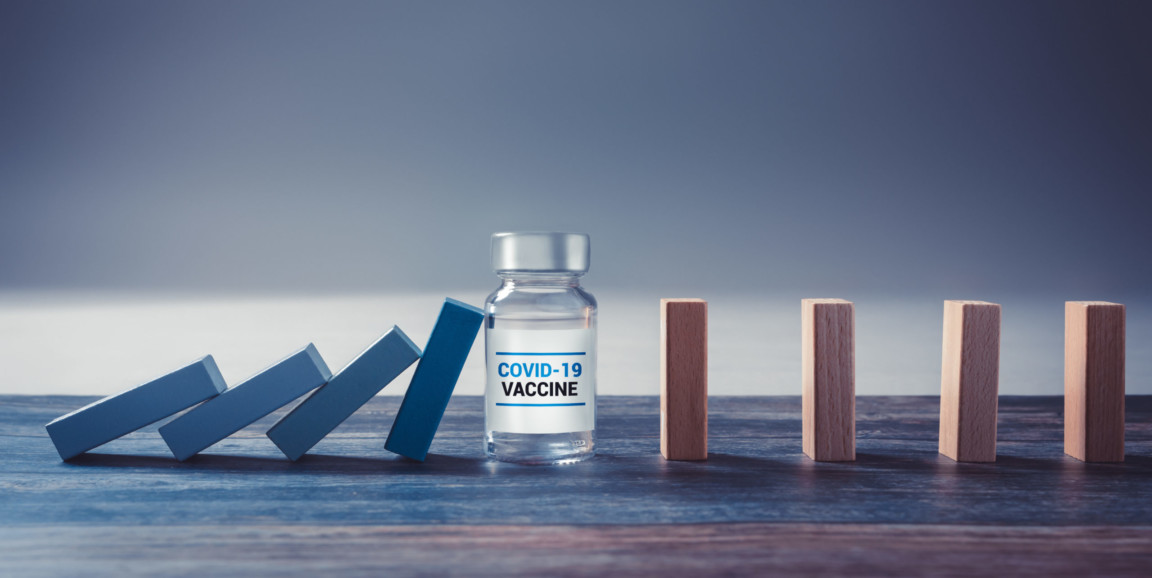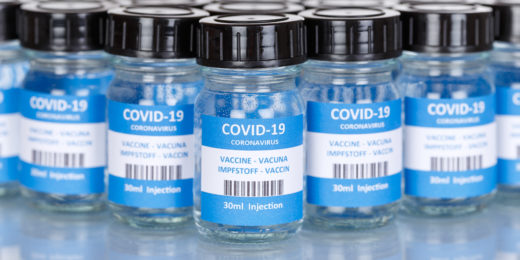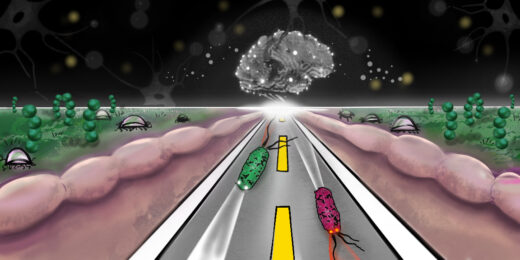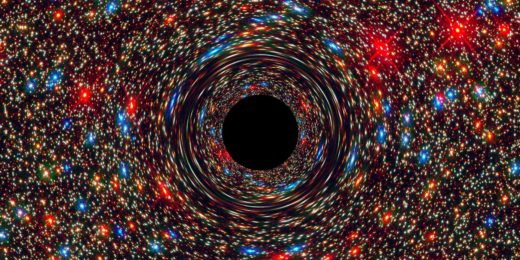A new study conducted by Stanford Medicine researchers digs deep into how immunity against SARS-CoV-2 works, showing that vaccination likely provides better and broader protection than natural infection.
The research analyzed the antibody levels in people who had received the vaccine, including some who participated in Stanford's clinical trial of the BioNTech-Pfizer vaccine, and compared them with those in people who had COVID-19 and were treated at Stanford Medicine in the first months of the pandemic.
"When we compared antibody responses to infection with those from vaccination, we found that infected people generated variable levels of antibodies, which dropped steadily after infection," Katharina Röltgen, PhD, one of the lead authors of the study, said in a Stanford Medicine news release about the work. "In contrast, the response to vaccination was very uniform -- all the study participants had a good response, with high levels of antibodies, although these also decreased over time."
I connected with Röltgen and Scott Boyd, MD, PhD, the senior author, to ask them more about their findings. Their responses have been lightly edited and condensed.
What do you feel was the most important finding of the study?
There were several important findings. One is that people who received vaccines against the virus generate antibody responses that are better at recognizing SARS-CoV-2 variants than those generated by people recovering from SARS-CoV-2 infection. We also found that vaccinated people have more vigorous lymph node activity and more of the viral spike protein than patients with the most severe infections. The combination of these factors may be why we see larger and more broadly protective antibody responses after vaccination compared to infection.
Finally, the study also showed that antibody responses to SARS-CoV-2 -- whether that's through infection or vaccination -- are significantly biased toward the first viral variants to which you are exposed. This is called "imprinting," and it means the these are the variants you will respond best to in the future.
It's interesting that all vaccine types in the study had a good response. Was that expected?
We tested antibody responses in recipients of four different vaccines, which fell into three categories of vaccine type. We saw big differences in the overall magnitude of antibody responses, which correlated with how protective those vaccines were during the pandemic. The antibody responses were highest in people who received mRNA vaccines, followed by those who received the AstraZeneca or Sputnik V adenoviral vaccines. They were lowest in recipients of the inactivated virus produced by Sinopharm.
Across all the vaccine types, however, for any given level of antibody response, we saw that the vaccinee antibodies recognized viral variants better compared with antibodies from patients who had recovered from SARS-CoV-2 infection. As new viral variants of SARS-CoV-2 continue to arise in the future, individuals with a broad range of antibodies are expected to have potentially better protection than people who have been previously infected.
The study shows that mRNA from the vaccine can be found in the lymph nodes up to eight weeks after vaccination. What does that mean? Is this something we should be concerned about?
An effective vaccine needs to expose the immune system to the parts of the virus that the immune system should target. The mRNA vaccines do that by directing the body's own cells to produce the SARS-CoV-2 spike protein. Lymph nodes contain specialized cells that capture foreign proteins, including vaccine components, and display them for a period of time to the B cells that make antibodies. We suspect that these cells may be retaining the vaccine mRNA in addition to the viral spike protein.
We don't have evidence that this is a cause for concern, especially given the very low rates of adverse events in people receiving these vaccines.
When SARS-CoV-2 infects a person's body, it copies its own RNA genome, makes a variety of viral proteins, and damages cells and organs, especially the lungs. Comparatively, the mRNA vaccines have proven to be very safe and protective against SARS-CoV-2 infection and particularly effective at preventing severe disease and death, even for highly transmissible variants, such as omicron. The persistent presence of the spike protein in the lymph nodes, where the immune response is organized, as well as some detectable vaccine mRNA there, may help to explain why these vaccines have given strong and protective immune responses.
What would you say to someone who believes that it is better to be infected than to get vaccinated?
If you become infected with SARS-CoV-2, you risk developing severe or fatal disease or long-term lingering health consequences in exchange for less effective future immune protection against SARS-CoV-2 variants. If you are vaccinated, you have very little risk of any serious adverse reactions, and your immune protection is overall better. Faced with these options, vaccination is clearly the choice that would be better for most people. It is true that the currently approved vaccines are less protective against infection with the omicron variant, but they are still highly effective at preventing severe disease or death, so that doesn't change the calculation.
A second important aspect is that if someone becomes infected with SARS-CoV-2, they may pass the virus to other people, including those who may be more vulnerable to severe disease, so that's another reason that's rooted in social responsibility -- vaccination is the more ethical choice, in our view. Finally, anytime someone becomes infected, it's possible that the virus may mutate in their body and produce a new, more virulent or infectious variant that can then be passed to others.
Vaccination that prevents or limits infection can help curb the development of new variants. Likewise, greater production and more comprehensive global distribution of effective SARS-CoV-2 vaccines could help suppress new viral variants and new waves of the pandemic in the future. Vaccines that can protect against infection and severe disease were urgently sought in the initial months of the pandemic, and it is a remarkable achievement that they were developed so rapidly and have already protected so many people.
What are you investigating next?
That is secret -- just kidding! We are examining how primary exposure to SARS-CoV-2 affects subsequent responses to exposure to different SARS-CoV-2 variants -- the "imprinting" phenomenon that we mentioned above. In particular, we are studying individuals who were either previously exposed to the original Wuhan-Hu-1 antigens, either by infection or vaccination, and then subsequently infected with the omicron variant; or who had a primary infection (and were not previously infected or vaccinated) with the omicron variant.
Given how widespread omicron has become, and how many people have been infected with this variant, it is likely that all future studies will have to account for the kinds of immune responses stimulated by the omicron variant. More generally, as people acquire varied immunological histories of exposure to viral variants through vaccination or infection, it will be more complicated to predict their responses to new variants. This is an important area to study and may help guide decisions about which kinds of booster vaccines will be most helpful in the future.
Photo by Bastian Weltjen






